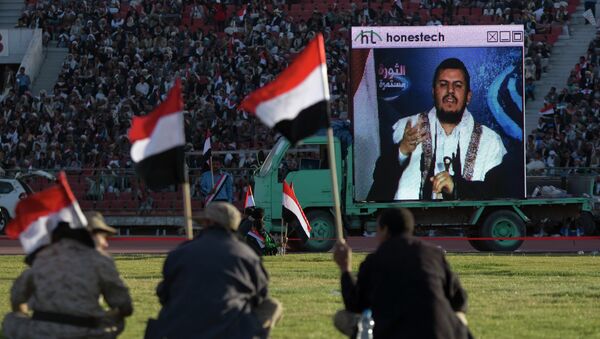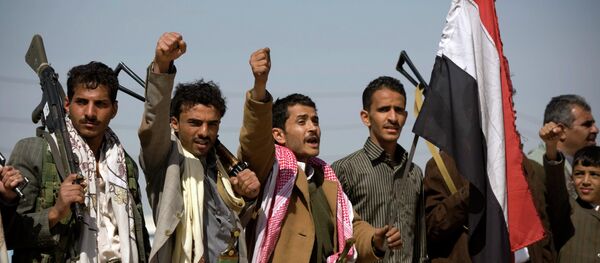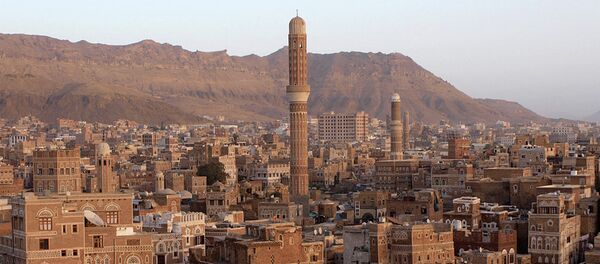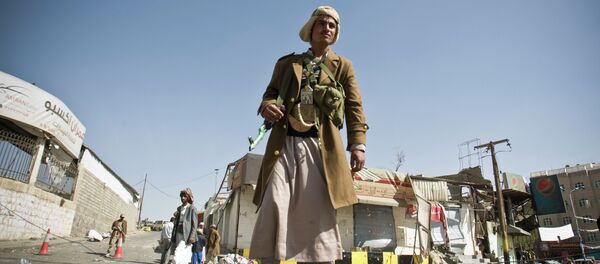"Our hand is extended to every political force in this country. The space is open for partnership, cooperation and brotherhood and now everybody bears their responsibility for building, not destruction," al-Houthi announced in a televised address. "If Al-Qaeda takes control of the country, it will plot against our brothers in Saudi Arabia and the Gulf."
At least 17 people were arrested on Saturday, as protesters demonstrated near the main university in Sanaa, the Yemeni capital. A bomb also exploded near the capital, wounding three militia members.
On Friday, the Houthi militia seized power in the country, forming a two-year transitional government. The move followed President Abd Rabbuh Mansur al-Hadi's abdication on January 22, after Houthi militia seized the country's capital.
The Arabian Peninsula's Sunni Muslim monarchies, united as the Gulf Cooperation Council (GCC), denounced the Houthi takeover of Yemen' government as a "coup," pledging to take all necessary measures to defend their interests, according to AFP.
A US official told AFP that the United States joins the Gulf monarchies in condemning the new government. Previously, following Hadi's resignation, the US announced that it would suspend it's operations aimed at curbing al-Qaeda influence in the country's south.
Yemen's Houthi Militias
In 1990, North Yemen, also known as the Yemen Arab Republic, united with South Yemen, a Soviet-aligned former British colony also known as the People's Democratic Republic of Yemen, forming the Republic of Yemen. In 1994, internal differences and political disarray led to a brief civil war, after southern Yemeni leaders seceded, resulting in the south's defeat.
By 2000 it became apparent that Al-Qaeda fomented its influence in the region, when a suicide attack on the US Navy's USS Cole killed 17 personnel.
In 2004, the group began an armed struggle after the government attempted to arrest the movement's then-leader, the late Hussein Badreddin al-Houthi, the current leader Abdul-Malik al-Houthi's brother.
In early 2011, internal political and economic tensions exploded into a popular uprising known as the Yemeni revolution, which followed similar protests known as the 2011 Arab Spring. As a result, Abd Rabuh Manur Hadi was elected president in an uncontested election, following the resignation of Ali Abdullah Saleh, who ruled the country since the 1990 unification.
By late 2011, Houthi militias controlled two Yemeni provinces, and expanded their influence through both popular protest and armed struggle, reaching the capital in 2012.
By late 2014, Houthis controlled parts of Yemen's capital and a power-sharing agreement was struck, which failed to materialize, leading to the militias' takeover of government and Hadi's resignation in January 2015.







